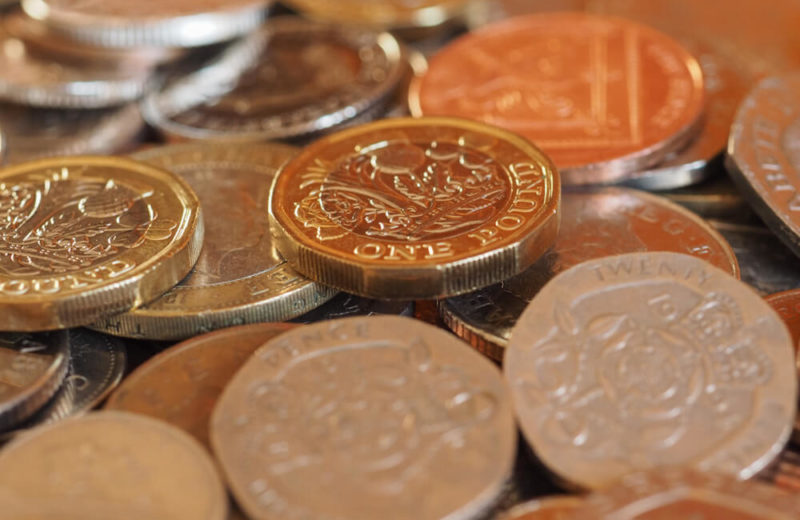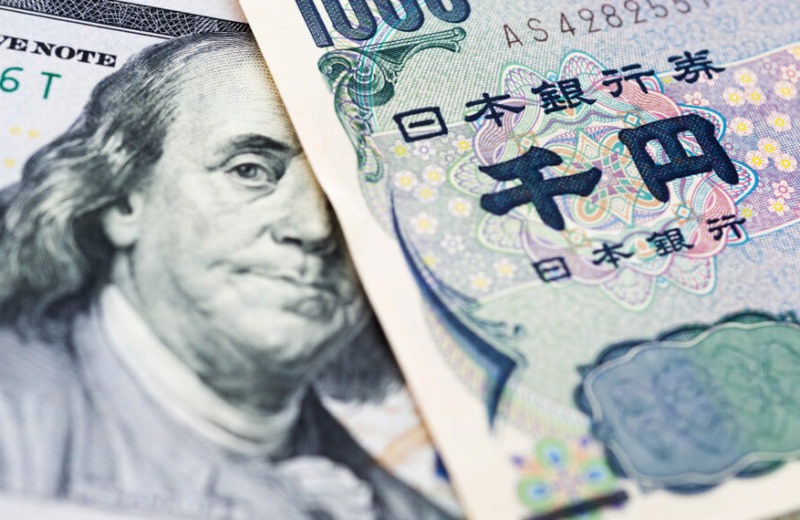The yen is becoming more and more attractive to carry traders who use it to finance the purchase of higher-yielding currencies.
Last year, Bloomberg analyzed 31 currencies. The Japanese currency had the lowest implied yield. Other currencies’ yields have increased due to global monetary tightening. However, the yen’s yield has remained unchanged as the Bank of Japan maintains its negative rate policy.
In a carry trade strategy, investors borrow where rates are low and invest where rates are high to make the most of differences in interest rates. The implied yield of the yen’s three-month forwards was the lowest of all the currencies analyzed, standing at minus 0.3%.
What are the major sources of Yen carry funding?
The rates market is seeing positive activity in carry trades since the Bloomberg GSAM FX Carry Index has increased by approximately 1.7% this year. This comes after a surging 8% in 2022. In contrast, a measure of the global bond market has only risen by less than 1% after experiencing a record decline of 16% last year.
The Swiss franc and euro used to be popular sources for carrying out funding. However, their implied yields have surged due to the European and Swiss Central Banks implementing policy tightening. Moreover, they ended their negative-rate policy in July and September.
Although the yield on the Taiwanese dollar is almost zero, its limited liquidity makes it unsuitable as an alternative funding source compared to the yen, states Shibata.
There are plenty of options available for carry traders who are looking to make a purchase. The US, New Zealand, and Canadian dollars, for example, offer a three-month yield of over 4%. Also, some currencies from emerging markets, like the Hungarian forint, Mexican peso, and Brazilian real have a yield of 17%.
Despite the advantages the yen possesses, there may be some hesitation in using it for carry traders due to expectations that the BOJ will make policy changes that could cause the currency to increase. There will be some significant changes in the management of the central bank, with economist Kazuo Ueda likely to become the next governor in April.
















